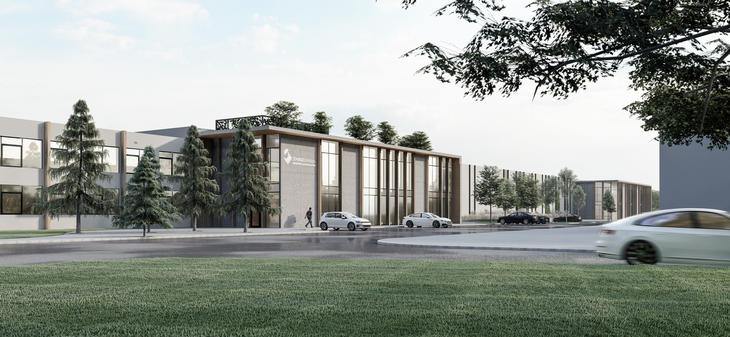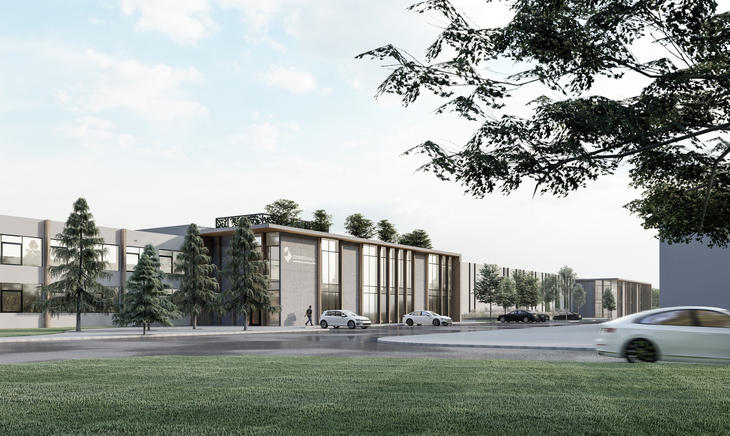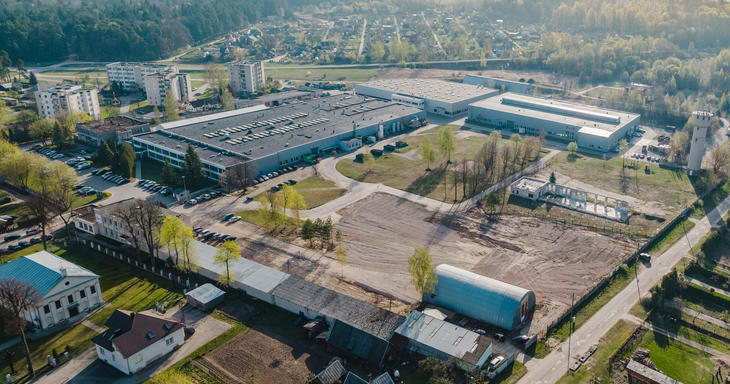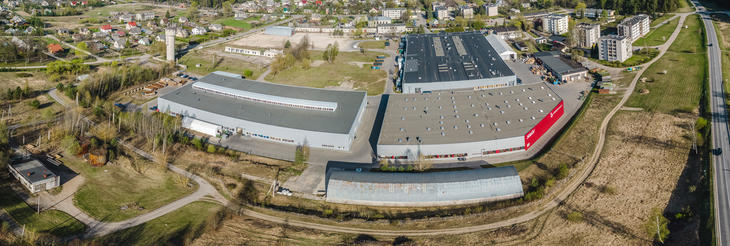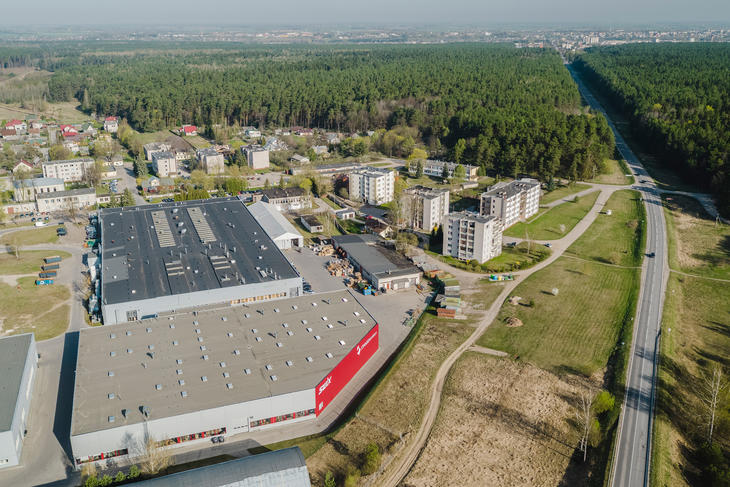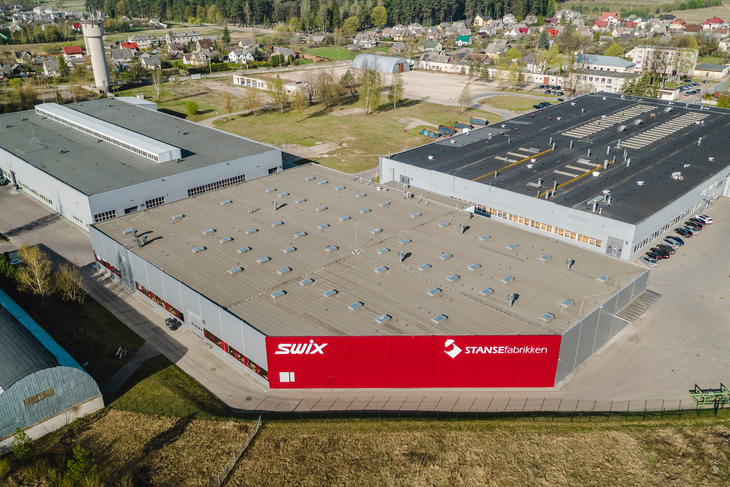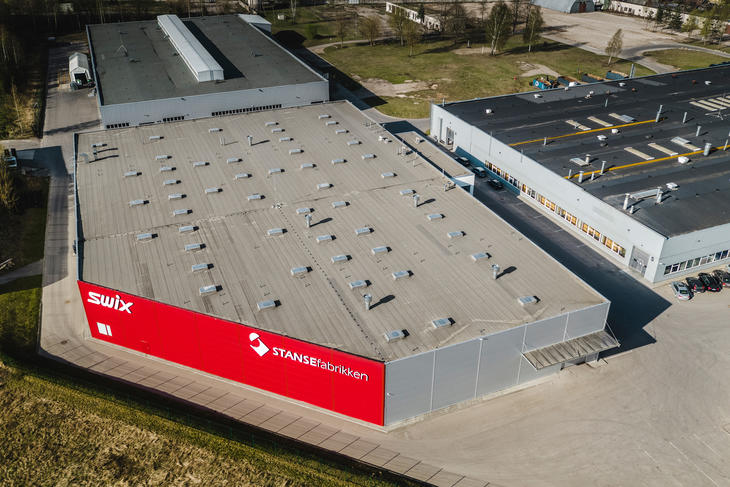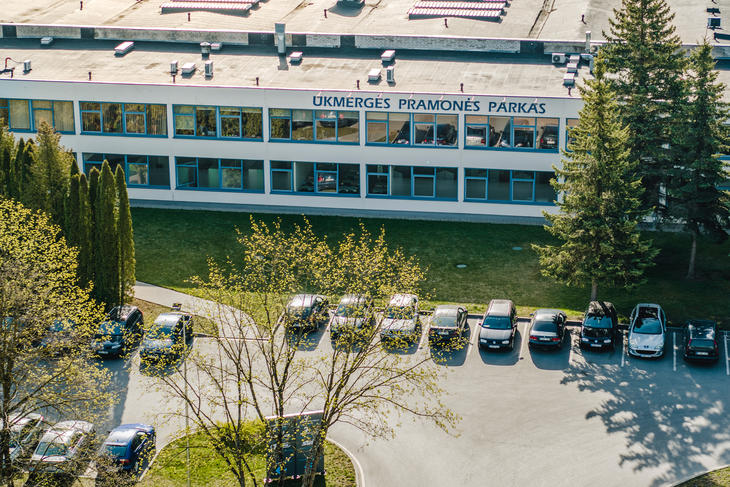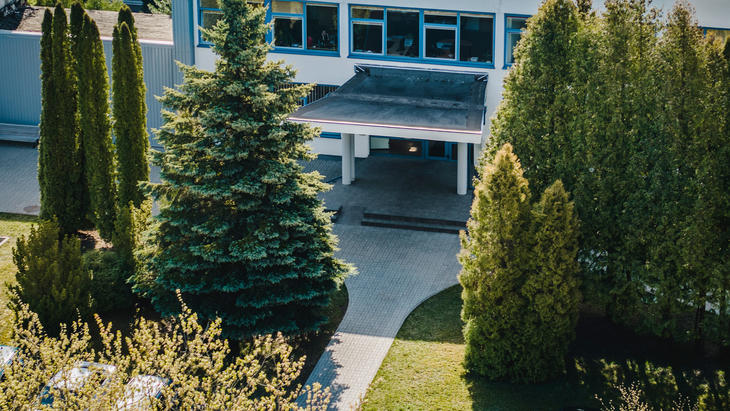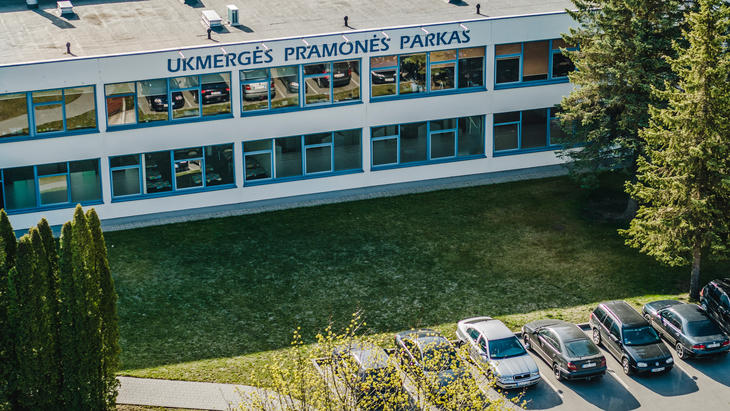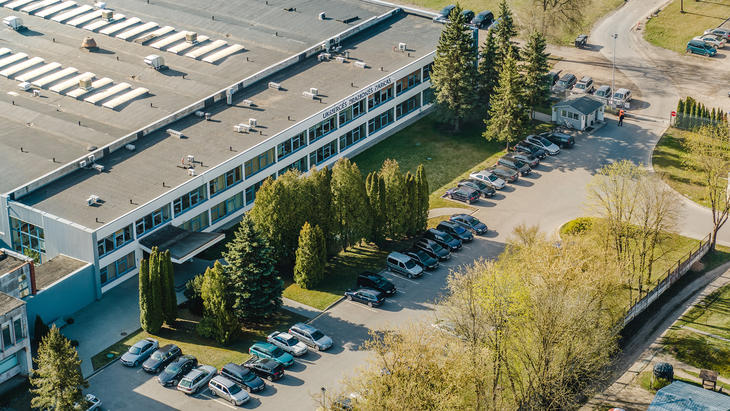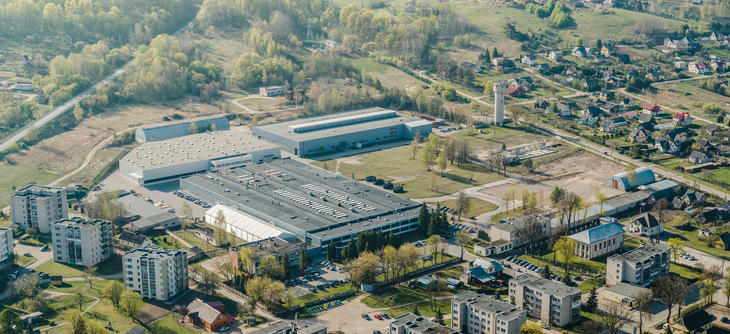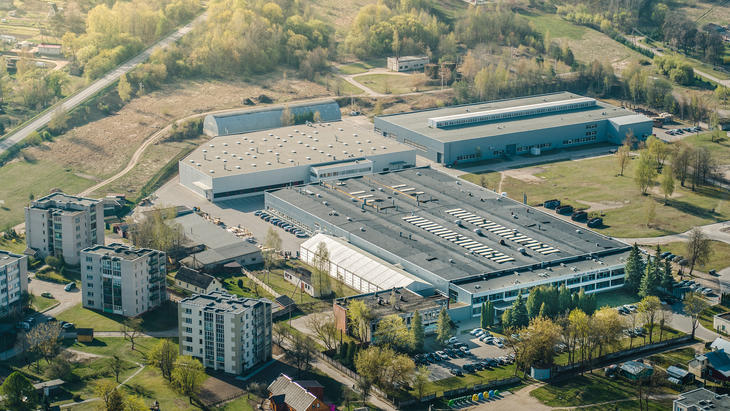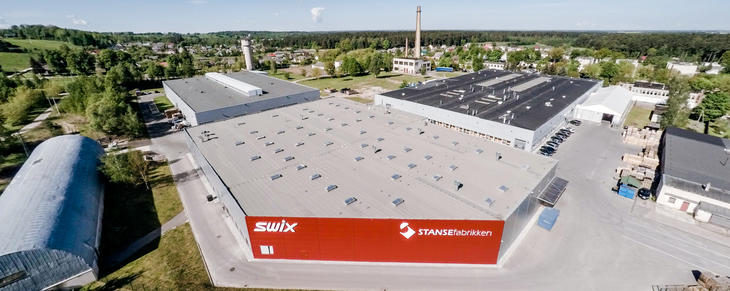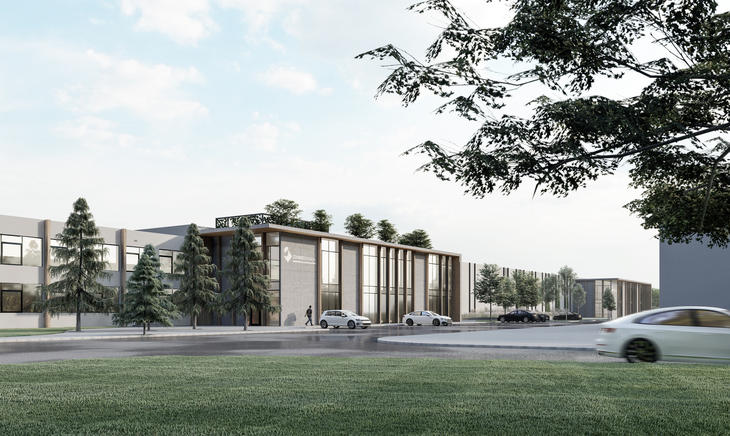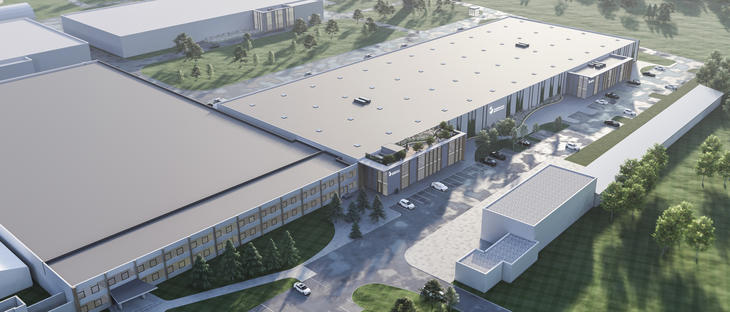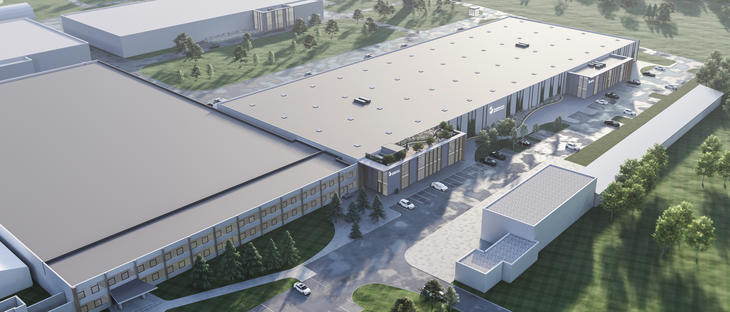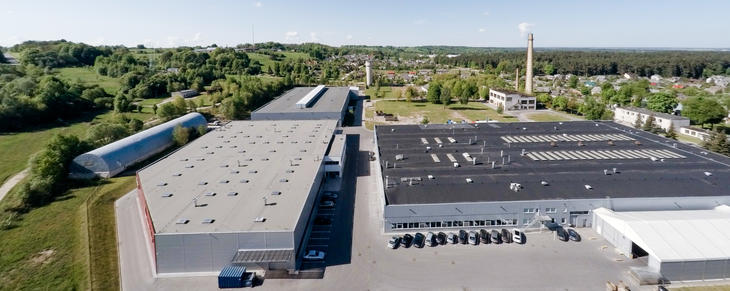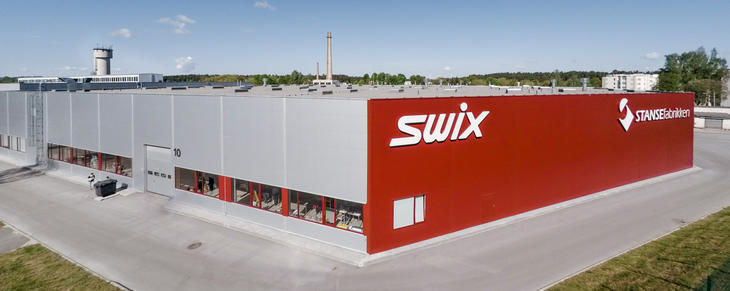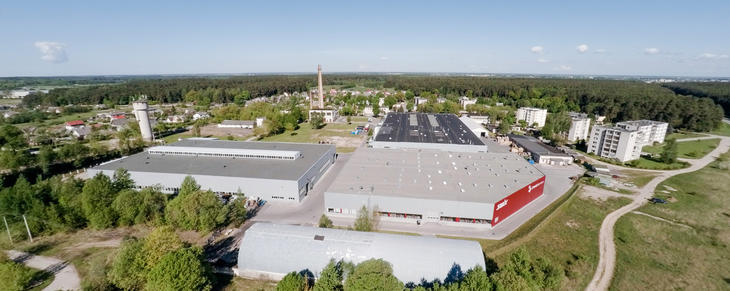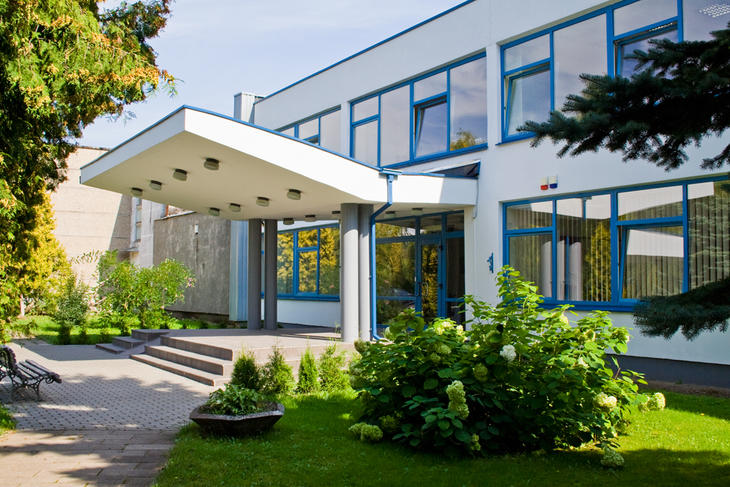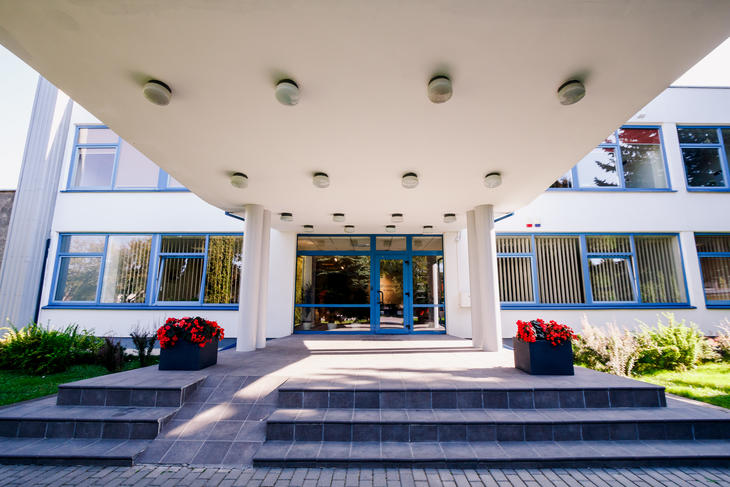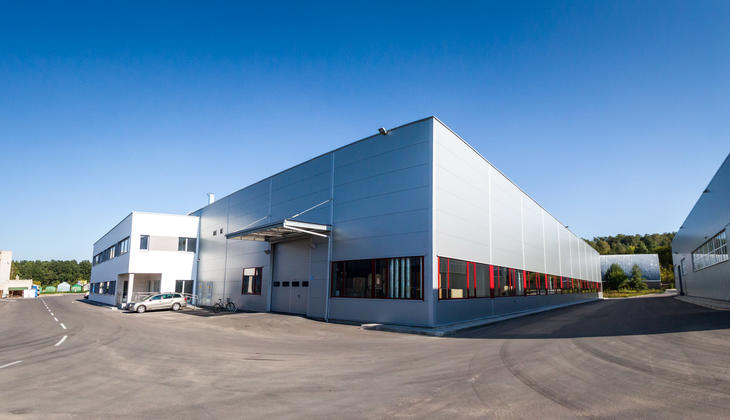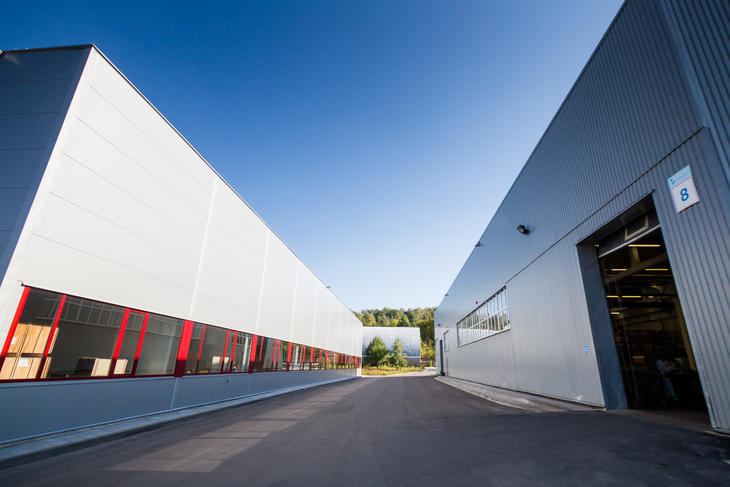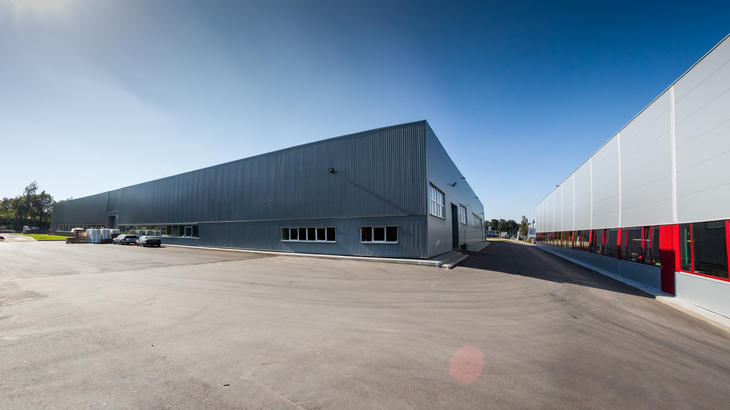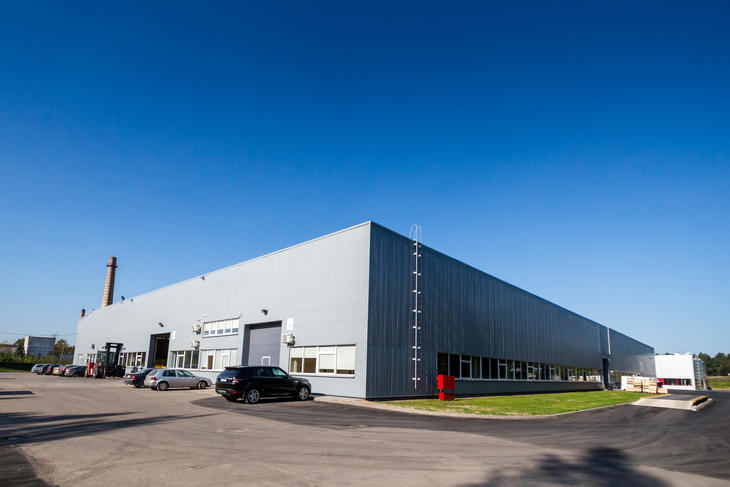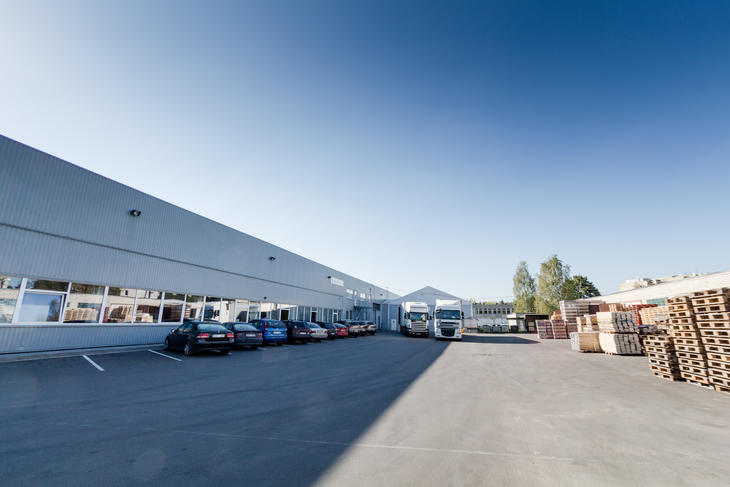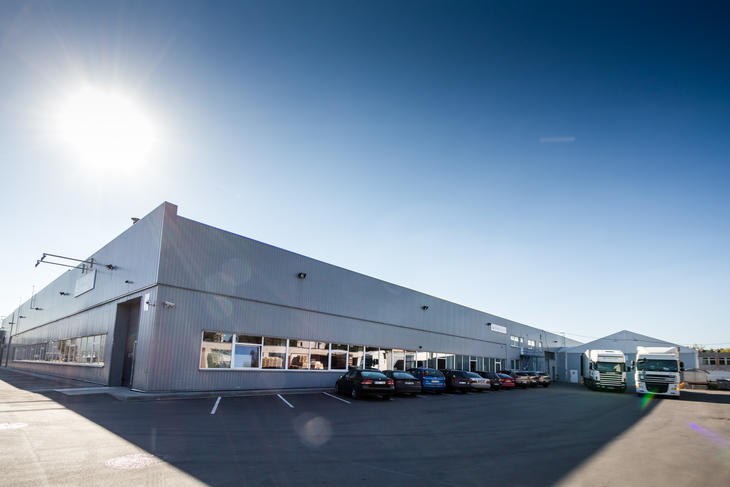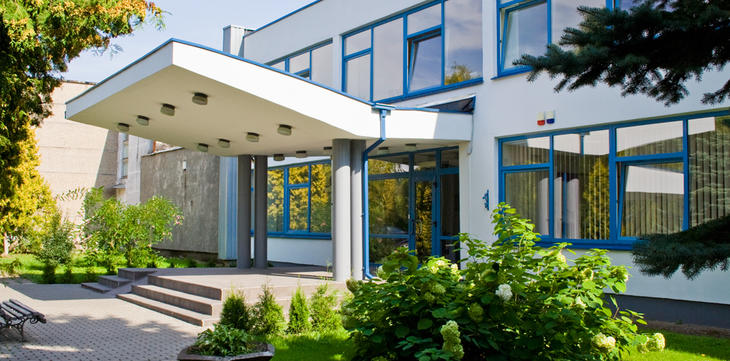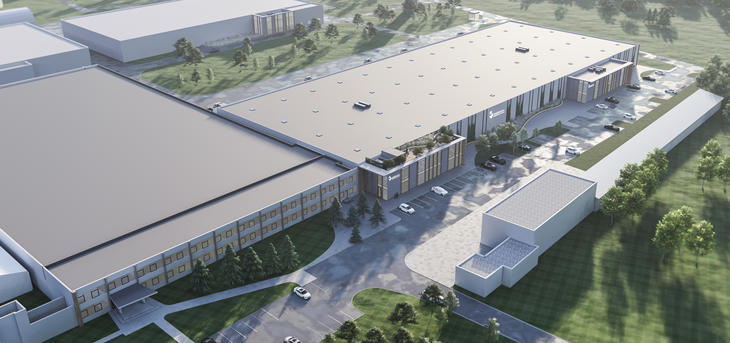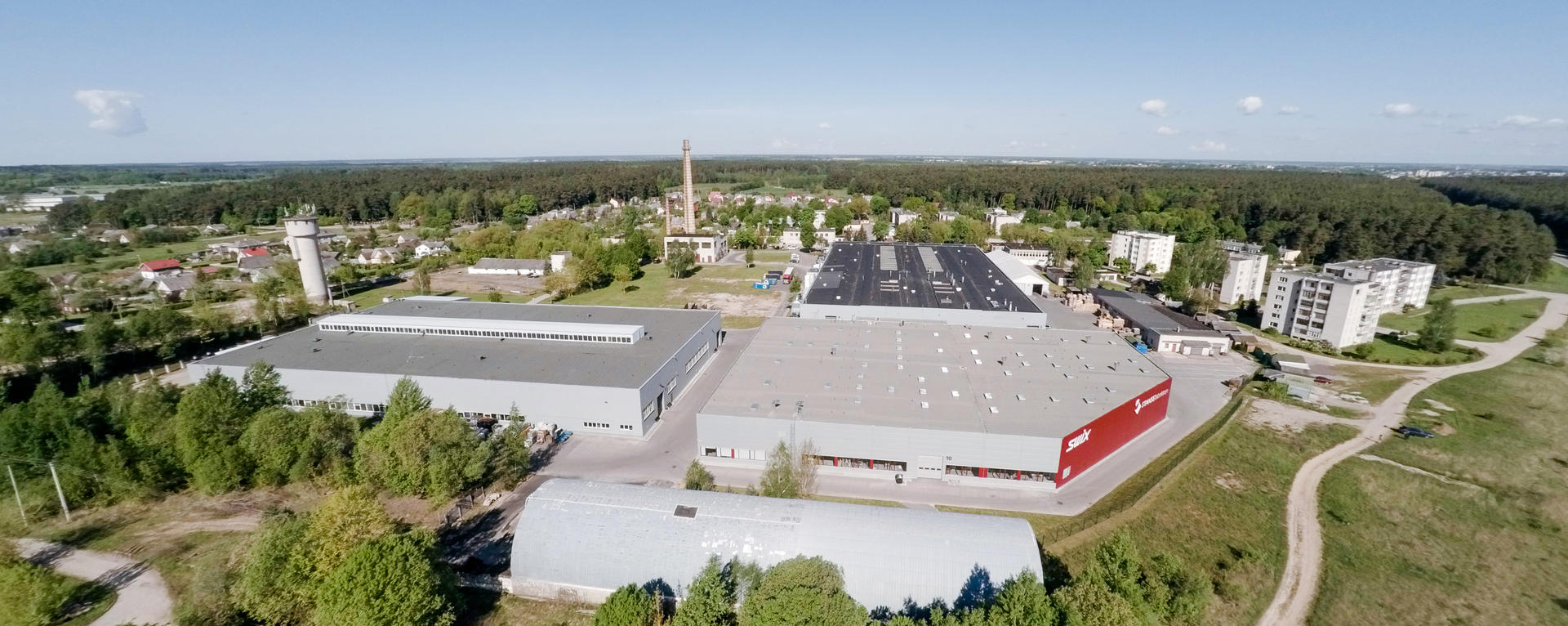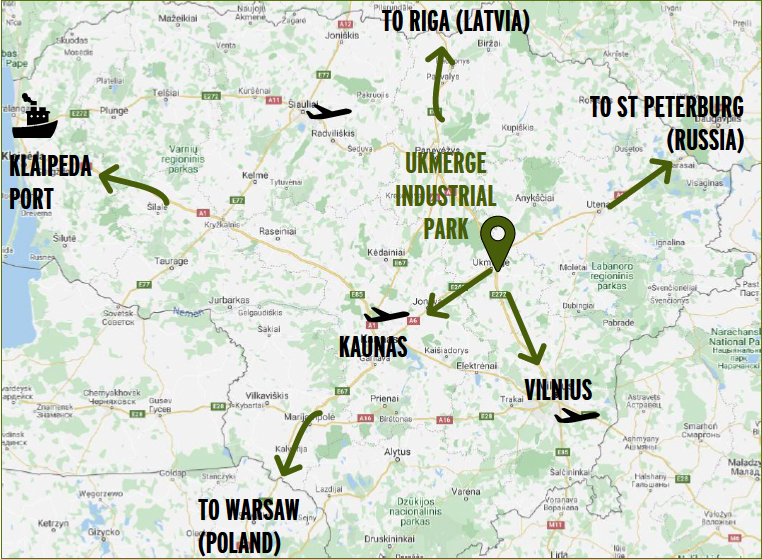Why set up production in Lithuania
Establishing production in another country is a major strategic decision for many companies. It is therefore important to know the local conditions with all the advantages and disadvantages that exist in different countries. Lithuania is one of the geographically closest low-cost countries to Norway. Apart from lower costs, there are many other good reasons to locate in Lithuania, especially in our sustainable industrial park.
When we made the important decision in 2002 to move parts of our production abroad to remain competitive, we quickly found out that Lithuania was the right country for us.
We did detailed research on everything from salaries, transport, working conditions, laws and regulations, culture and approach to workforce, compared to other countries in the Baltics and Poland. Then we looked where in Lithuania it was best to establish production, and came to the conclusion that the city of Ukmerge with tradition of production and access to workforce just outside press areas like Vilnius and Kaunas was a ideal choice.
It's not just lower salaries and costs that make it profitable and practical to produce in Lithuania. Compared to setting up in Asia and other low-cost countries, the Baltics are close to Norway. There are good flight and truck connections. The country is also a member of the EU, and has a well-developed and functioning democracy with many good schemes for industrial enterprises. In Lithuania, and particularly in Ukmerge, they have a tradition of manufacturing, so the supply of manufacturing workers is much better than in Norway.
Lithuania remains a low-cost country
One of the most important reasons for setting up abroad is the lower cost level compared to Norway. Although salaries in Lithuania and other low-cost countries have increased significantly in recent years, salaries and other costs remain significantly more reasonable than in Norway, and this will continue to be the case for many decades.
This applies especially to a small industrial city like Ukmerge where the salary level is not the same as in the larger cities like Vilnius, Kaunas and Panavezius. This we also find in Norway where salaries are higher in the Oslo area than elsewhere.
It is not easy to say exactly what the salaries are in different companies, but here you can read some examples of what is the current salary level for some of those who work in the industrial park.
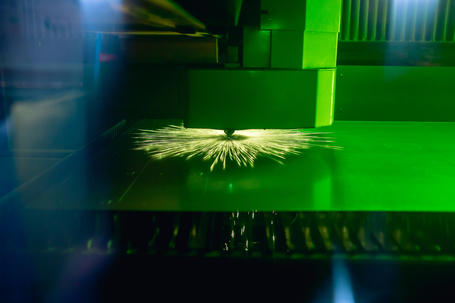
- Newly employed production worker - approx. 900-1400 Euro/month*
- Production worker with 2-3 years experience - approx. 1100-1700 Euro/month*
- Skilled worker beginner/apprentice - e.g. welder - approx. 1300-1600 Euro/month*
- Skilled worker with 2-3 years experience - e.g. Newly qualified engineer - approx. 1200-1600 Euro/month*
- Experienced engineer - approx. 1600-2300 Euro/month*
- Senior engineer, manager - approx. 2900-3300 Euro/month*
- Administrative employee - approx. 1500-2500 Euro/month*
* The salary is a gross salary paid for 12 months to cover 4 weeks paid holiday, plus about 10% for employer's contribution and social costs.
Supply of workforce
No matter how easy you can get hold of employees it helps little if there is no one with the right skills available where you are established. One of the advantages of Lithuania is that it is a highly industrialised country by tradition. This means that the supply of skilled workers and technical engineers is much better than what we are used to in Norway.
Although there is little unemployment today and hard to find skilled workers in Lithuania, these workers do exist. By offering good working conditions, decent employment contracts, fair terms and competitive salaries in line with local levels, employers can attract the workers they need.
Since we started the industrial park in 2003 without a single employee until today, there are now over 400 people working here. Without a good supply of workforce, this would not have been possible.
Close to Scandinavia
Lithuania is a country situated very close to us in Scandinavia. This gives many advantages compared to establishing production in Asia, South/East Europe or other countries further away from Norway.
Transport
The main advantage of setting up production in Lithuania is transport. Both transport time and transport costs are much lower than if you have to ship goods halfway around the world before they reach Norway or the markets in Northern Europe. In addition to this, there is also the frequency of transport: almost every day trailers are transported from the industrial park to Norway, Scandinavia and Poland. We can help the rental companies in the industrial park with good transport contracts or cooperate with them on transport.
Culture and work ethic
One element that is easily forgotten when setting up abroad is culture and cultural differences. Lithuania is not only close to us physically, but also culturally the country has come very close to us as the time of the Soviet regime becomes history. Many Lithuanians have worked in Scandinavia and other countries in Northern Europe. They are members of the EU and have established a mindset that is close to the one we have in Norway and the rest of Scandinavia. This is particularly the case in our industrial park, where many people have been with us for at least 20 years and have acquired the mindset around trust, proactivity and quality that we like to see. When this is mixed with a very good work ethic that you find from the past in Lithuania, it becomes easy to run a business in the industrial park.
Flight connections
In recent years, there have also been many frequent and affordable flights from Norway to Lithuania, which makes many shorter trips possible without costing too much. If you want to run a business in another country, you can't get away from the fact that presence and personal contact with employees and business contacts are important. The fact that this can be done in the same way as travelling around Norway is of course very helpful.
Good business conditions in Lithuania
Lithuania is no longer a typical Eastern Bloc country influenced by the old Soviet regime. It is a member of the EU and NATO, and has been independent for over 20 years now. During this period, the country has undergone a major transformation from an old bureaucratic regime to a modern and efficient system of functioning democracy.
The Lithuanian authorities are doing much to facilitate the establishment of foreign businesses in the country. They have a wide range of support programmes and, in particular, opportunities to apply for EU funding for various projects. It's easy to get started and few obstacles of a bureaucratic nature. With the help of experienced partners in the industrial park we can support you with all formalities: from company registration, accounting, auditing, lawyer or bank, depending on what kind of support you need.
